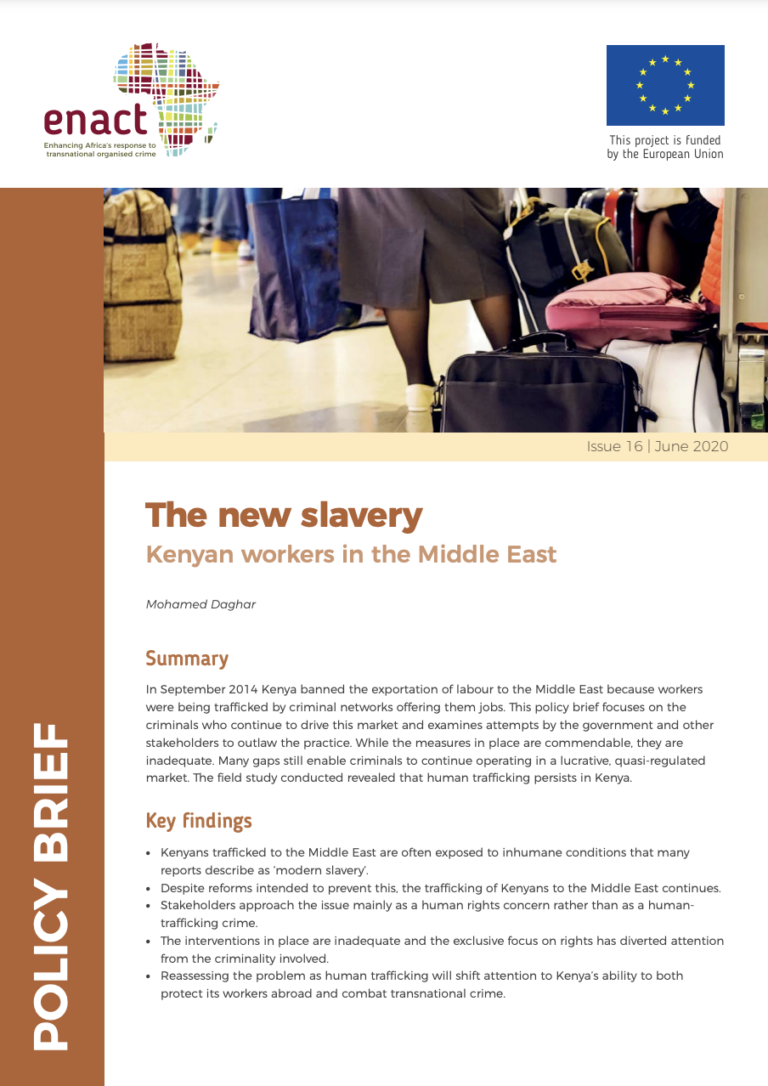No Worker Left Behind: Protecting Vulnerable Workers From Exploitation During and After the Coronavirus (COVID-19) Pandemic
COVID-19 resourcesPublicationsThis briefing examines the impact of the Coronavirus pandemic on the risk of labour exploitation in low-paid and insecure employment in the UK. Drawing on interviews with workers and frontline services, it proposes emergency measures to ensure all w...Read More

